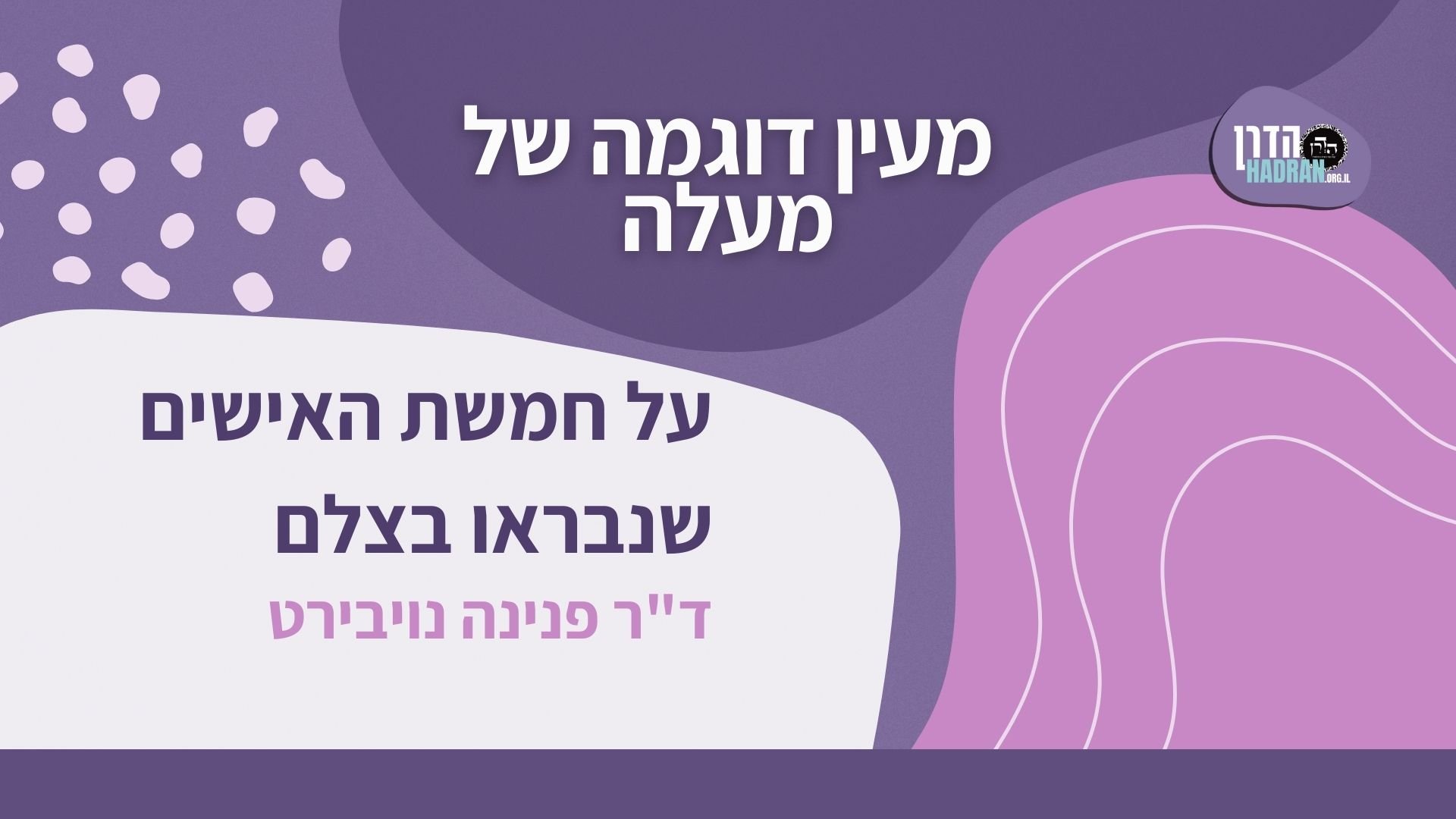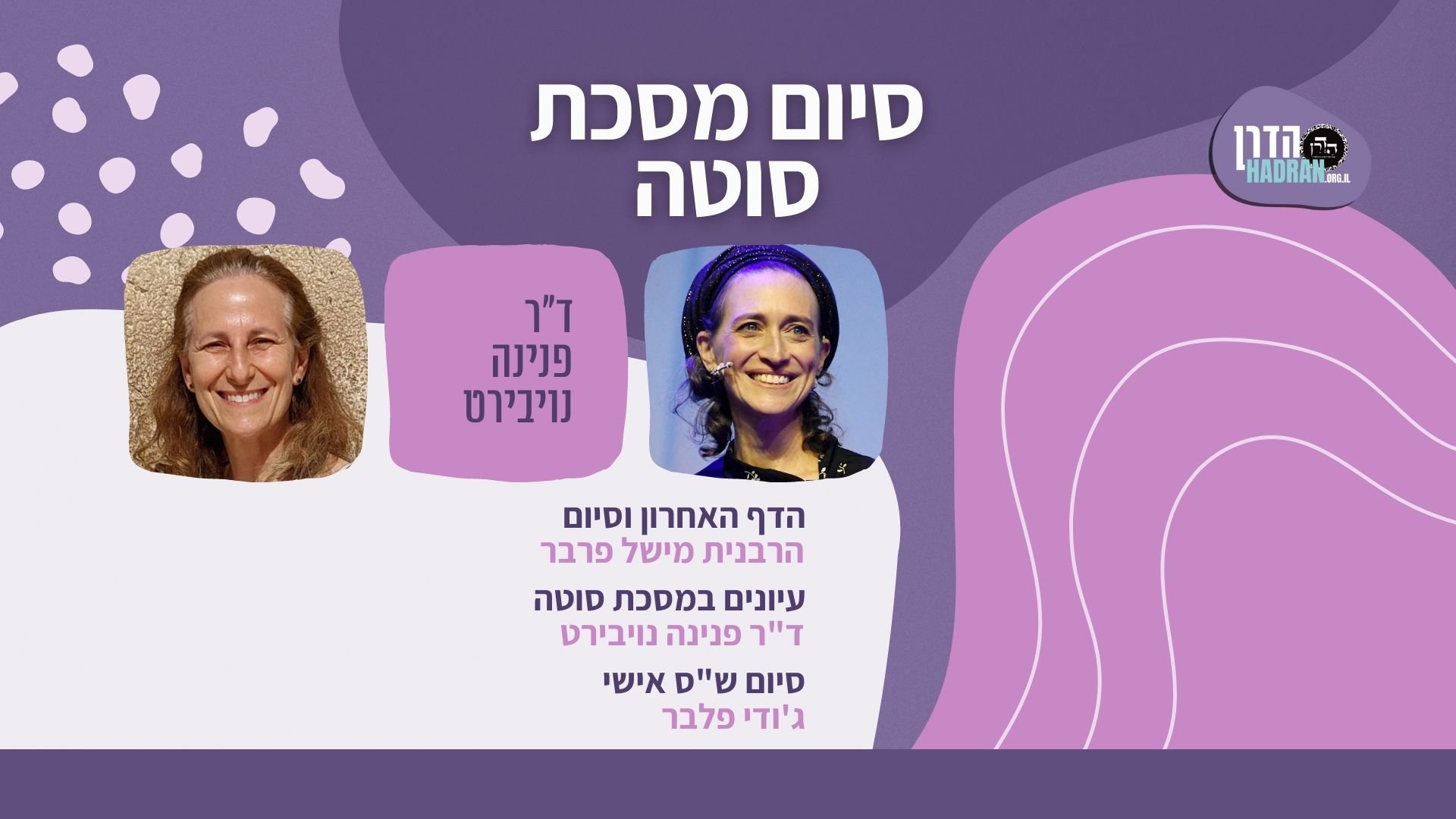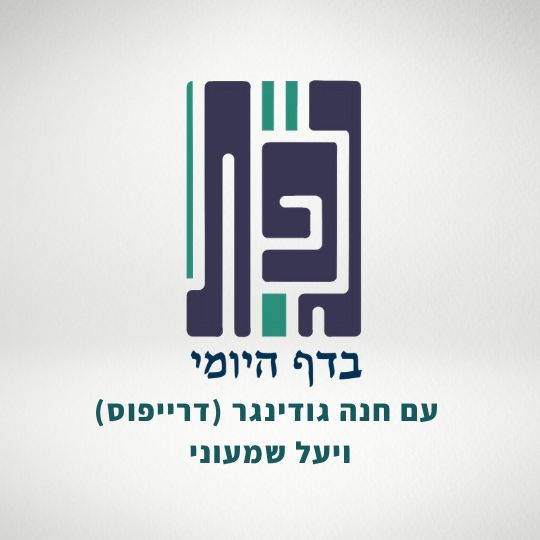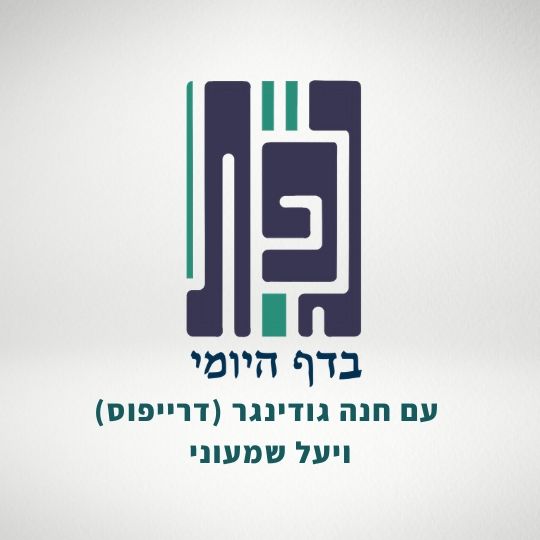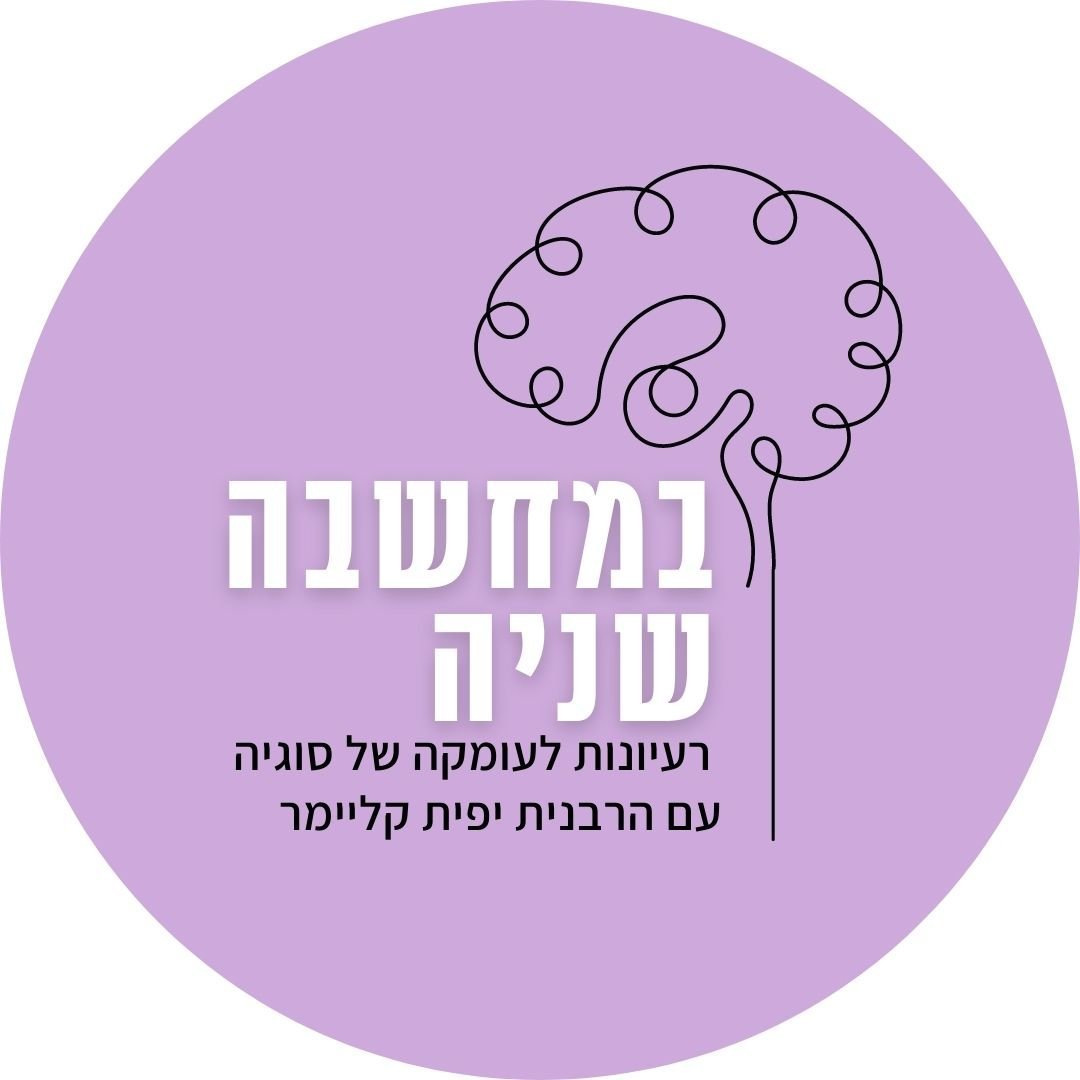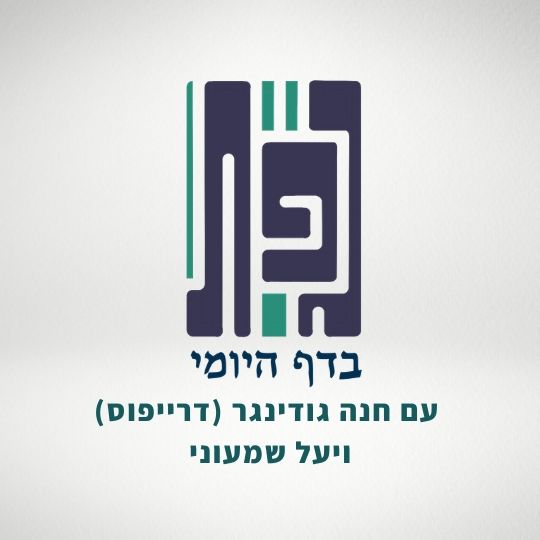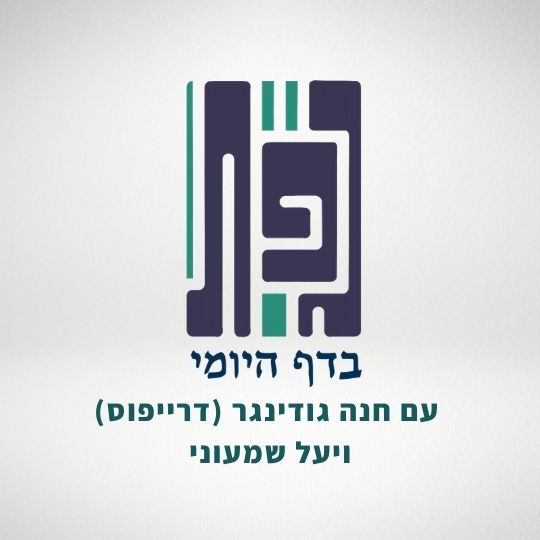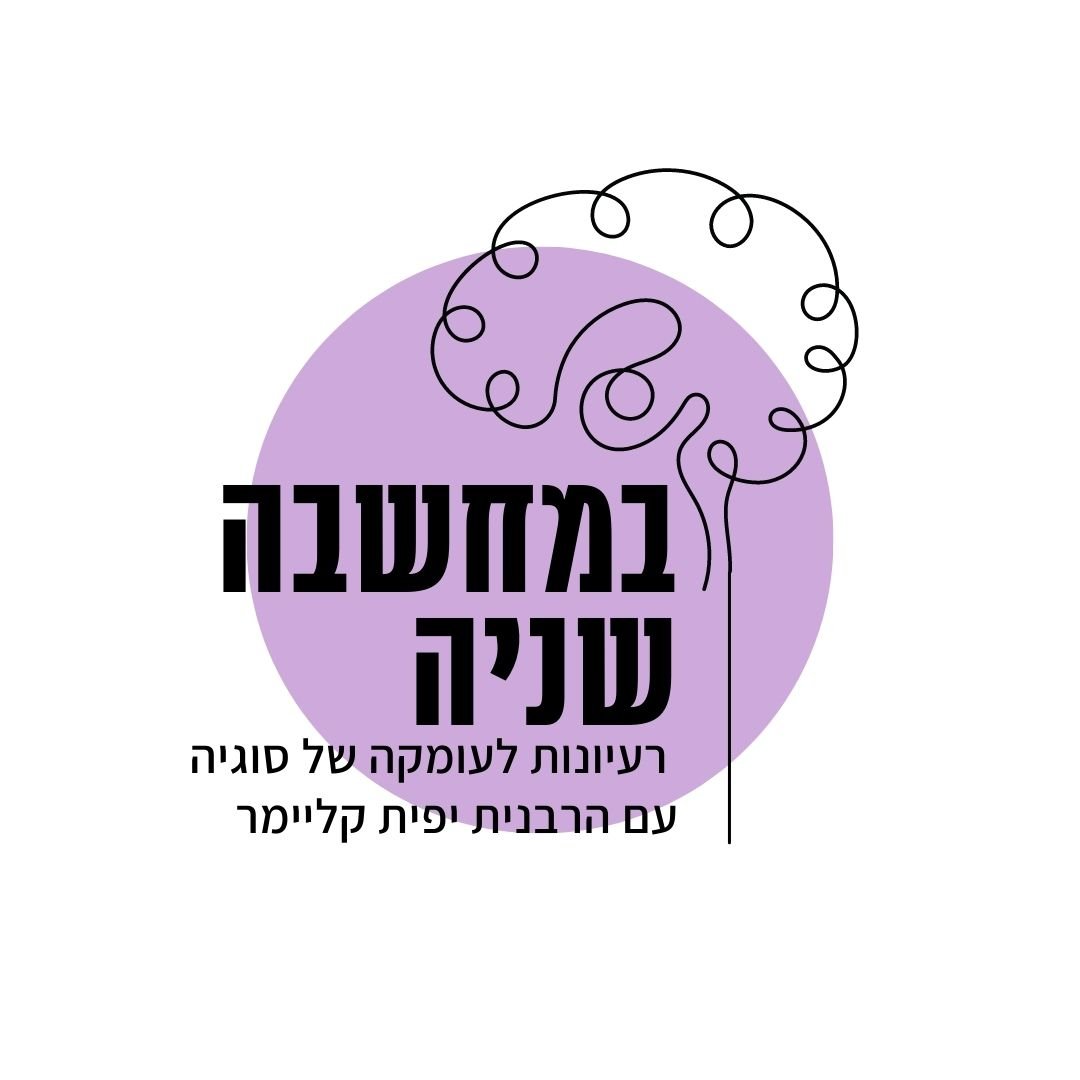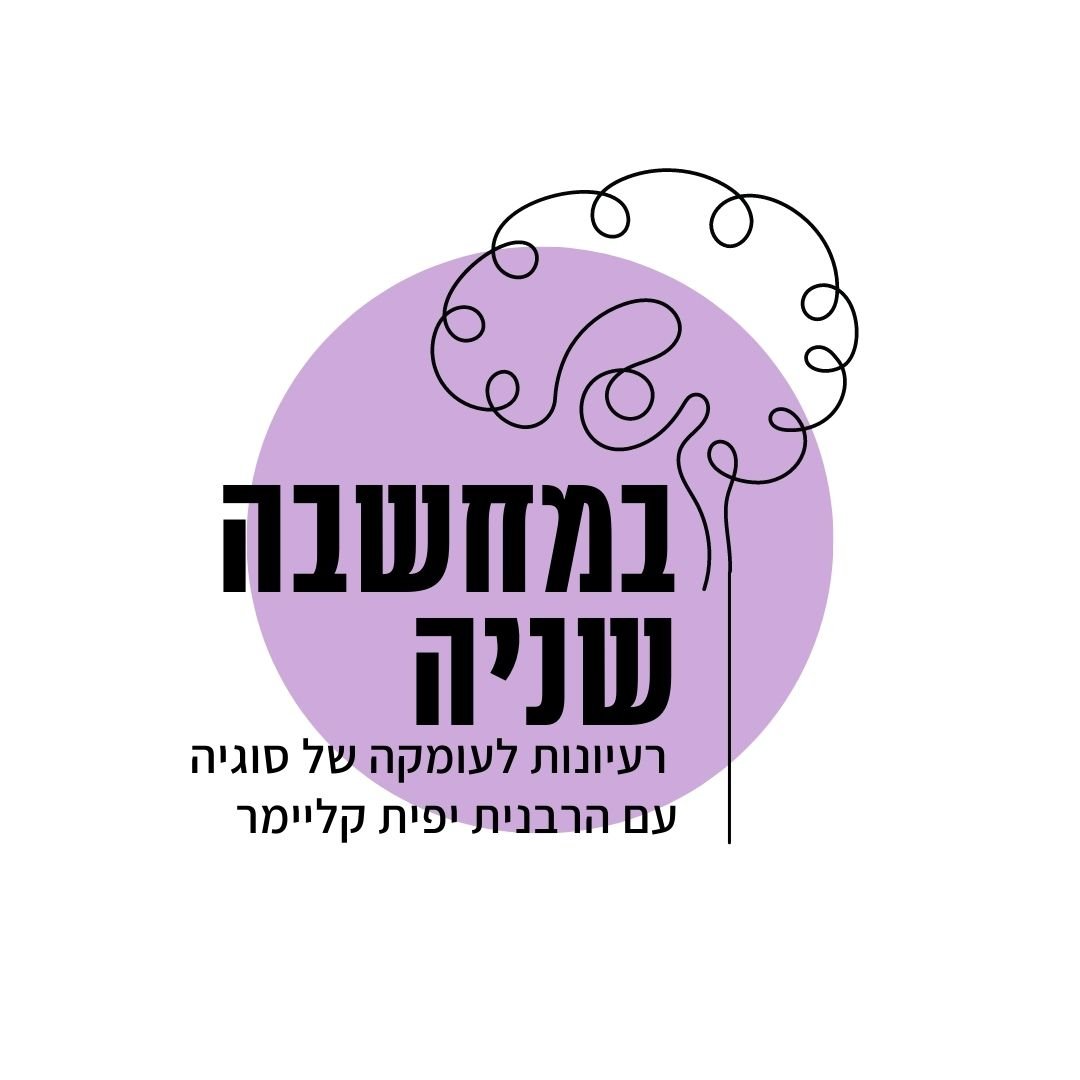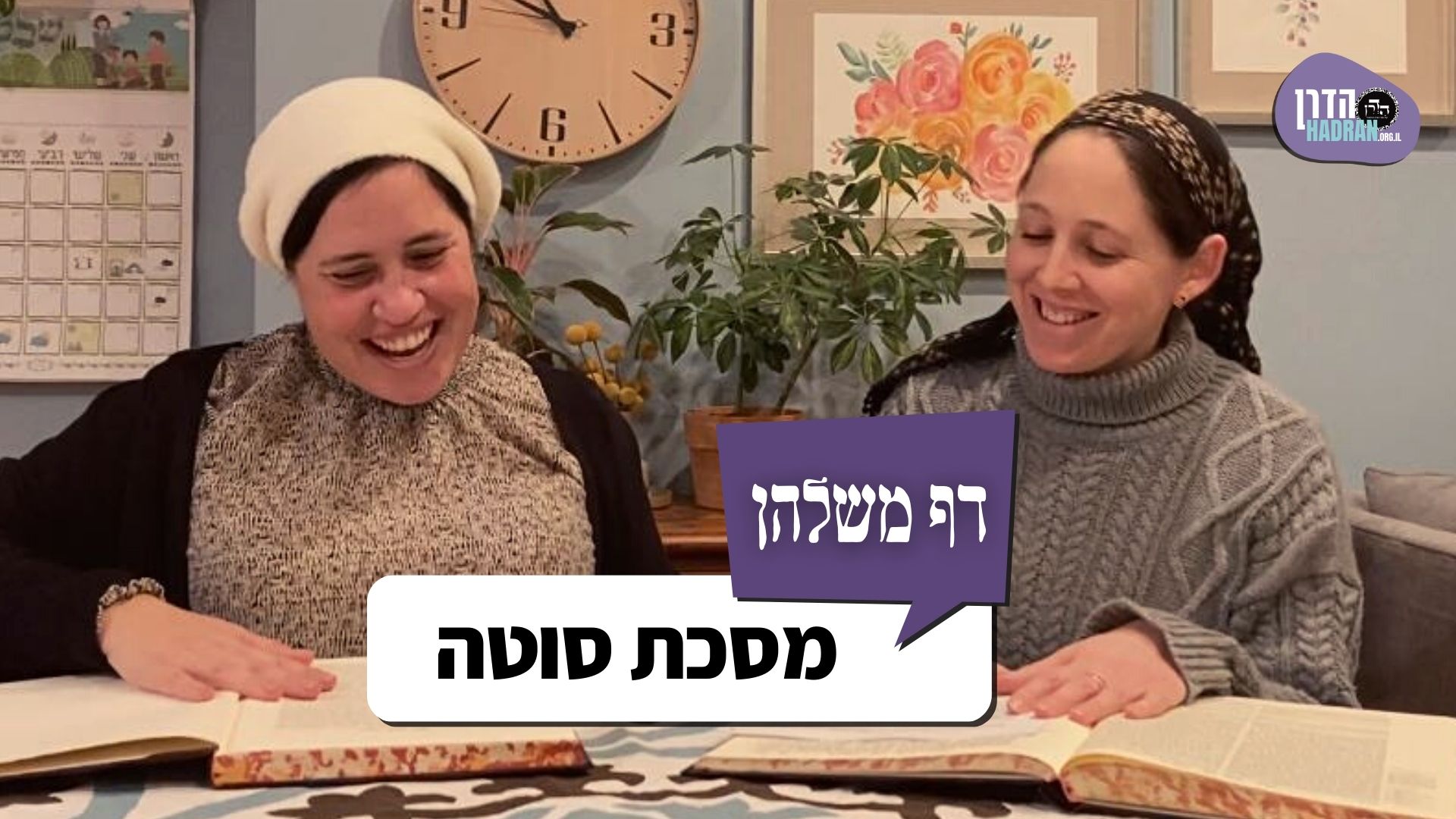הגמרא ממשיכה בדרשות בסיפור המרגלים. מאיזה שלב הייתה למרגלים כוונה רעה? איך גרם כלב לשקט את האנשים להקשיב לו? המרגלים פקפקו ישירות בכוחו של הקב”ה. מדוע חשבו שזו ארץ שאוכלת יושביה? האם הם שיקרו כשאמרו שהמרגלים נראו כחגבים בעיני התושבים – הרי איך ידעו מה חשבו עליהם? היום שבו בכה העם לאחר ששמע את תיאורי המרגלים היה ט’ באב ולכן הם נענשו שנים רבות לאחר מכן שבאותו יום, נחרב בית המקדש. איך מתו המרגלים ומדוע? לאחר מכן חוזרת הגמרא לנושא חציית הירדן ומסבירה פרטים נוספים על מה שקרה. בתום המעבר, ארון הקודש צף בנס לצד השני ולקח עמו את כל הכהנים. מאוחר יותר בהיסטוריה, כשעוזה חשש שהארון ייפול מהעגלה כשהארון הוחזר לירושלים, הוא נענש כי שכח שהארון יכול לשאת את עצמו, כפי שקרה בחציית הירדן. דוד המלך היה אחראי במידה מסוימת, שכן לא היה צריך להעלות אותו על עגלה, שכן הלויים במדבר נצטוו לשאת אותו על כתפיהם. בתקופה מוקדמת יותר, כאשר הארון הוחזר על ידי הפלשתים, נענשו אנשי בית שמש על כך שלא טיפלו בארון כראוי. מה הם עשו? כמה אנשים מתו? כעבור שלושה חודשים, לאחר שהארון היה בביתו של עובד אדום הגיתי, ועובד התברך, הבין דוד שהגיע הזמן להחזיר את הארון לירושלים. כמה בהמות הוקרבו במהלך התהלוכה? היו שלושה פעמים ששמו אבנים – אחת בתקופת משה (למדה מגזירה שווה מאבני יהושע), ושתיים בתקופת יהושע. על האבנים האחרונים כתבו את התורה ושמו סיד. באיזה סדר? רבי יהודה ורבי שמעון חולקים. מטרת כתיבת התורה בשבעים לשון הייתה כדי שאומות העולם יראו וישובו ממעשיהם הרעים. רבי שמעון אמר שהם הוסיפו שורה למטה, שנועדה לגרום לאנשים משבעת העמים (אולי רק אלה שחיים מחוץ לישראל) לחזור בתשובה.
הלימוד החודש מוקדש לרפואת פיליס הכט, גיטל פעשא בת מאשה רחל על ידי חברותיה הרבות שאוהבות ומעריכות אותה.
רוצה להקדיש שיעור?

כלים
הלימוד החודש מוקדש לרפואת פיליס הכט, גיטל פעשא בת מאשה רחל על ידי חברותיה הרבות שאוהבות ומעריכות אותה.
כלים
העמקה
רוצה להבין מה באמת קורה מתחת לפני השטח של הסוגיה?
שיעורים, פודקאסטים והרחבות של מיטב המורות שלנו יפתחו לך עוד זוויות וכיווני חשיבה.
חדשה בלימוד הגמרא?
זה הדף הראשון שלך? איזו התרגשות עצומה! יש לנו בדיוק את התכנים והכלים שיעזרו לך לעשות את הצעדים הראשונים ללמידה בקצב וברמה שלך, כך תוכלי להרגיש בנוח גם בתוך הסוגיות המורכבות ומאתגרות.
פסיפס הלומדות שלנו
גלי את קהילת הלומדות שלנו, מגוון נשים, רקעים וסיפורים. כולן חלק מתנועה ומסע מרגש ועוצמתי.
סוטה לה
וַיֵּלְכוּ וַיָּבֹאוּ״. אָמַר רַבִּי יוֹחָנָן מִשּׁוּם רַבִּי שִׁמְעוֹן בֶּן יוֹחַי: מַקֵּישׁ הֲלִיכָה לְבִיאָה, מָה בִּיאָה — בְּעֵצָה רָעָה, אַף הֲלִיכָה — בְּעֵצָה רָעָה.
And they went and they came” (Numbers 13:25–26). Rabbi Yoḥanan says in the name of Rabbi Shimon ben Yoḥai: This verse likens their going to their coming. Just as their coming back was with wicked counsel, so too, their going to Eretz Yisrael was with wicked counsel.
״וַיְסַפְּרוּ לוֹ וַיֹּאמְרוּ בָּאנוּ וְגוֹ׳״, וּכְתִיב: ״אֶפֶס כִּי עַז הָעָם״, אָמַר רַבִּי יוֹחָנָן (סִימָן אֱמֶת לְבַדּוֹ לְוִיָּה) מִשּׁוּם רַבִּי מֵאִיר: כָּל לָשׁוֹן הָרַע שֶׁאֵין בּוֹ דְּבַר אֱמֶת בִּתְחִילָּתוֹ — אֵין מִתְקַיֵּים בְּסוֹפוֹ.
The Torah states: “And they told him, and said: We came to the land to which you sent us, and it also flows with milk and honey” (Numbers 13:27), and then it is written: “However the people that dwell in the land are fierce” (Numbers 13:28). Why did the spies praise the land and then slander it? Rabbi Yoḥanan says three statements in the name of Rabbi Meir, represented by the mnemonic device: Truth, alone, borrowing. The first statement answers this question: Any slander that does not begin with a truthful statement ultimately does not stand, i.e., it is not accepted by others.
״וַיַּהַס כָּלֵב אֶת הָעָם אֶל מֹשֶׁה״, אָמַר רַבָּה: שֶׁהִסִּיתָן בִּדְבָרִים.
The verse states: “And Caleb stilled [vayyahas] the people toward Moses” (Numbers 13:30). Rabba says: This means that he persuaded them [hesitan] with his words. Vayyahas and hesitan share the same root in Hebrew.
פָּתַח יְהוֹשֻׁעַ, דְּקָא מִשְׁתַּעֵי אָמְרִי לֵיהּ: דֵּין רֵאשׁ קְטִיעָה יְמַלֵּל?
How did he do so? Joshua began to address the people, and as he was speaking they said to him: Should this person, who has a severed head, as he has no children, speak to the people about entering Eretz Yisrael?
אָמַר: אִי מִשְׁתַּעֵינָא — אָמְרִי בִּי מִילְּתָא וְחָסְמִין לִי. אָמַר לָהֶן: וְכִי זוֹ בִּלְבַד עָשָׂה לָנוּ בֶּן עַמְרָם? סָבְרִי בִּגְנוּתֵיהּ קָא מִשְׁתַּעֵי, אִישְׁתִּיקוּ.
Caleb said to himself: If I speak they will also say something about me and stop me from speaking. He began to speak and said to them: And is this the only thing that the son of Amram, Moses, has done to us? They thought that he wanted to relate something to the discredit of Moses, and they were silent.
אֲמַר לְהוּ: הוֹצִיאָנוּ מִמִּצְרַיִם, וְקָרַע לָנוּ אֶת הַיָּם, וְהֶאֱכִילָנוּ אֶת הַמָּן. אִם יֹאמַר ״עֲשׂוּ סוּלָּמוֹת וַעֲלוּ לָרָקִיעַ״ לֹא נִשְׁמַע לוֹ? ״עָלֹה נַעֲלֶה וְיָרַשְׁנוּ אֹתָהּ וְגוֹ׳״.
He then said to them: He took us out of Egypt, and split the sea for us, and fed us the manna. If he says to us: Build ladders and climb to the heavens, should we not listen to him? “We should go up at once,” even to the heavens, “and possess it” (Numbers 13:30).
״וְהָאֲנָשִׁים אֲשֶׁר עָלוּ עִמּוֹ אָמְרוּ לֹא נוּכַל וְגוֹ׳״. אָמַר רַבִּי חֲנִינָא בַּר פָּפָּא: דָּבָר גָּדוֹל דִּבְּרוּ מְרַגְּלִים בְּאוֹתָהּ שָׁעָה. ״כִּי חָזָק הוּא מִמֶּנּוּ״, אַל תִּקְרֵי ״מִמֶּנּוּ״, אֶלָּא ״מִמֵּנוֹ״ — כִּבְיָכוֹל אֲפִילּוּ בַּעַל הַבַּיִת אֵינוֹ יָכוֹל לְהוֹצִיא כֵּלָיו מִשָּׁם.
The verses continue: “But the men that went up with him said: We are not able to go up against the people; as they are stronger than us” (Numbers 13:31). Rabbi Ḥanina bar Pappa says: The spies said a serious statement at that moment. When they said: “They are stronger,” do not read the phrase as: Stronger than us [mimmennu], but rather read it as: Stronger than Him [mimmennu], meaning that even the Homeowner, God, is unable to remove His belongings from there, as it were. The spies were speaking heresy and claiming that the Canaanites were stronger than God Himself.
״אֶרֶץ אֹכֶלֶת יוֹשְׁבֶיהָ הִיא״, דָּרֵשׁ רָבָא, אָמַר הַקָּדוֹשׁ בָּרוּךְ הוּא: אֲנִי חֲשַׁבְתִּיהָ לְטוֹבָה, וְהֵם חָשְׁבוּ לְרָעָה. אֲנִי חֲשַׁבְתִּיהָ לְטוֹבָה — דְּכׇל הֵיכָא דִּמְטוֹ, מִת חֲשִׁיבָא דִּידְהוּ כִּי הֵיכִי דְּנִיטַּרְדוּ וְלָא לְשַׁאֲלוּ אַבָּתְרַיְיהוּ. וְאִיכָּא דְּאָמְרִי: אִיּוֹב נָח נַפְשֵׁיהּ, וְאִטְּרִידוּ כּוּלֵּי עָלְמָא בְּהֶסְפֵּידָא, הֵם חָשְׁבוּ לְרָעָה, ״אֶרֶץ אֹכֶלֶת יוֹשְׁבֶיהָ הִיא״.
The spies said: “It is a land that consumes its inhabitants” (Numbers 13:32). Rava taught: The Holy One, Blessed be He, said: I intended the land to appear to consume its inhabitants for their own good, but they considered this proof that the land was bad. I intended it for their good by causing many people to die there so that anywhere that the spies arrived, the most important of them died, so that the Canaanites would be preoccupied with mourning and would not inquire about them. And there are those who say that God caused Job to die at that time, and everyone in Canaan was preoccupied with his eulogy, and did not pay attention to the spies. However, the spies considered this proof that the land was bad and said: “It is a land that consumes its inhabitants.”
״וַנְּהִי בְעֵינֵינוּ כַּחֲגָבִים וְכֵן הָיִינוּ וְגוֹ׳״, אָמַר רַב מְשַׁרְשְׁיָא: מְרַגְּלִים שַׁקָּרֵי הֲווֹ, בִּשְׁלָמָא ״וַנְּהִי בְּעֵינֵינוּ כַּחֲגָבִים״ — לְחַיֵּי, אֶלָּא ״וְכֵן הָיִינוּ בְּעֵינֵיהֶם״, מְנָא הֲווֹ יָדְעִי?
The spies said: “And we were like grasshoppers in our own eyes, and so were we in their eyes” (Numbers 13:33). Rav Mesharshiyya says: The spies were liars. Granted, to say: “We were like grasshoppers in our own eyes,” is well, but to say: “And so were we in their eyes,” from where could they have known this?
וְלָא הִיא, כִּי הֲווֹ מַבְרִי אֲבֵילֵי — תּוּתֵי אַרְזֵי הֲווֹ מַבְרִי, וְכִי חֲזִינְהוּ, סְלִקוּ יָתְבִי בְּאִילָנֵי, שָׁמְעִי דְּקָאָמְרִי: קָחָזֵינַן אִינָשֵׁי דְּדָמוּ לְקַמְצֵי בְּאִילָנֵי.
The Gemara responds: But that is not so, as when the Canaanites were having the mourners’ meal, they had the meal beneath cedar trees, and when the spies saw them they climbed up the trees and sat in them. From there they heard the Canaanites saying: We see people who look like grasshoppers in the trees.
״וַתִּשָּׂא כׇּל הָעֵדָה וַיִּתְּנוּ אֶת קוֹלָם וַיִּבְכּוּ״, אָמַר רַבָּה אָמַר רַבִּי יוֹחָנָן: אוֹתוֹ הַיּוֹם עֶרֶב תִּשְׁעָה בְּאָב הָיָה, אָמַר הַקָּדוֹשׁ בָּרוּךְ הוּא: הֵן בָּכוּ בְּכִיָּה שֶׁל חִנָּם וַאֲנִי אֶקְבַּע לָהֶם בְּכִיָּה לְדוֹרוֹת.
The verse states: “And all the congregation lifted up their voice and cried” (Numbers 14:1). Rabba says that Rabbi Yoḥanan says: That day was the eve of the Ninth of Av, and the Holy One, Blessed be He, said: On that day they wept a gratuitous weeping, so I will establish that day for them as a day of weeping for the future generations.
״וַיֹּאמְרוּ כׇּל הָעֵדָה לִרְגּוֹם אֹתָם בָּאֲבָנִים״, וּכְתִיב: ״וְכָבוֹד ה׳ נִרְאָה בְּאֹהֶל מוֹעֵד״, אָמַר רַבִּי חִיָּיא בַּר אַבָּא: מְלַמֵּד שֶׁנָּטְלוּ אֲבָנִים וּזְרָקוּם כְּלַפֵּי מַעְלָה.
The verse states: “But all the congregation bade stone them with stones” (Numbers 14:10), and it is written immediately afterward: “When the glory of the Lord appeared in the Tent of Meeting” (Numbers 14:10). Rabbi Ḥiyya bar Abba says: This teaches that they took stones and threw them upward as if to throw them at God.
״וַיָּמֻתוּ הָאֲנָשִׁים מוֹצִאֵי דִבַּת הָאָרֶץ רָעָה בַּמַּגֵּפָה״, אָמַר רַבִּי שִׁמְעוֹן בֶּן לָקִישׁ: שֶׁמֵּתוּ מִיתָה מְשׁוּנָּה. אָמַר רַבִּי חֲנִינָא בַּר פָּפָּא, דָּרֵשׁ רַבִּי שֵׁילָא אִישׁ כְּפַר תְּמַרְתָּא: מְלַמֵּד שֶׁנִּשְׁתַּרְבֵּב לְשׁוֹנָם וְנָפַל עַל טִיבּוּרָם, וְהָיוּ תּוֹלָעִים יוֹצְאוֹת מִלְּשׁוֹנָם וְנִכְנָסוֹת בְּטִיבּוּרָם, וּמִטִּיבּוּרָם וְנִכְנָסוֹת בִּלְשׁוֹנָם. וְרַב נַחְמָן בַּר יִצְחָק אָמַר: בְּאַסְכָּרָה מֵתוּ.
The verse states: “And those men who brought out an evil report of the land, died by the plague before the Lord” (Numbers 14:37). Rabbi Shimon ben Lakish says: This means that they died an unusual death. Rabbi Ḥanina bar Pappa says that Rabbi Sheila Ish Kefar Temarta taught: This teaches that their tongues were stretched out from their mouths and fell upon their navels, and worms were crawling out of their tongues and entering their navels, and worms were likewise coming out of their navels and entering their tongues. This is the painful death that they suffered. And Rav Naḥman bar Yitzḥak says: They died of diphtheria, which causes one to choke to death.
וְכֵיוָן שֶׁעָלָה הָאַחֲרוֹן שֶׁבְּיִשְׂרָאֵל מִן הַיַּרְדֵּן חָזְרוּ מַיִם לִמְקוֹמָן, שֶׁנֶּאֱמַר: ״וַיְהִי בַּעֲלוֹת הַכֹּהֲנִים נֹשְׂאֵי אֲרוֹן בְּרִית ה׳ מִתּוֹךְ הַיַּרְדֵּן נִתְּקוּ כַּפּוֹת רַגְלֵי הַכֹּהֲנִים אֶל הֶחָרָבָה וַיָּשֻׁבוּ מֵי הַיַּרְדֵּן לִמְקוֹמָם וַיֵּלְכוּ כִתְמוֹל שִׁלְשׁוֹם עַל כׇּל גְּדוֹתָיו״,
§ The Gemara returns to discuss the entry of the Jewish people into Eretz Yisrael. And once the last one of the Jewish people ascended out of the Jordan, the water returned to its place, as it is stated: “And it came to pass, as the priests that bore the Ark of the Covenant of the Lord came up out of the midst of the Jordan, as soon as the soles of the priests’ feet were drawn up unto the dry ground, that the waters of the Jordan returned to their place, and went over all its banks, as it had before” (Joshua 4:18). The Gemara understands that the priests who carried the Ark stood in the water until all of the Jewish people passed through the Jordan. Once all the Jewish people had reached the other side of the Jordan, the priests stepped back from the water and the Jordan returned to its natural state.
נִמְצָא אָרוֹן וְנוֹשְׂאָיו וְכֹהֲנִים מִצַּד אֶחָד, וְיִשְׂרָאֵל מִצַּד אֶחָד. נָשָׂא אָרוֹן אֶת נוֹשְׂאָיו וְעָבַר, שֶׁנֶּאֱמַר: ״וַיְהִי כַּאֲשֶׁר תַּם כׇּל הָעָם לַעֲבֹר וַיַּעֲבֹר אֲרוֹן ה׳ וְהַכֹּהֲנִים לִפְנֵי הָעָם״.
It follows that the Ark and its bearers and the priests were on one side of the Jordan, the east side, and the rest of the Jewish people were on the other side, the west side. Subsequently, the Ark carried its bearers in the air and crossed the Jordan, as it is stated: “When all the people were completely passed over, the Ark of the Lord passed on, and the priests, before the people” (Joshua 4:11).
וְעַל דָּבָר זֶה נֶעֱנַשׁ עוּזָּא, שֶׁנֶּאֱמַר: ״וַיָּבֹאוּ עַד גֹּרֶן כִּידֹן וַיִּשְׁלַח עֻזָּא אֶת יָדוֹ לֶאֱחֹז אֶת הָאָרוֹן״, אָמַר לוֹ הַקָּדוֹשׁ בָּרוּךְ הוּא: עוּזָּא, נוֹשְׂאָיו נָשָׂא, עַצְמוֹ לֹא כׇּל שֶׁכֵּן!
And over this matter Uzzah was punished for not taking proper care of the Ark, as it is stated: “And when they came to the threshing floor of Chidon, Uzzah put forth his hand to hold the Ark; for the oxen stumbled” (I Chronicles 13:9). The Holy One, Blessed be He, said to him: Uzzah, the Ark carried its bearers when it crossed the Jordan; all the more so is it not clear that it can carry itself?
״וַיִּחַר אַף ה׳ בְּעֻזָּה וַיַּכֵּהוּ שָׁם עַל הַשַּׁל וְגוֹ׳״. רַבִּי יוֹחָנָן וְרַבִּי אֶלְעָזָר, חַד אָמַר: עַל עִסְקֵי שָׁלוּ. וְחַד אָמַר: שֶׁעָשָׂה צְרָכָיו בְּפָנָיו.
§ The verse states: “And the anger of the Lord was kindled against Uzzah; and God smote him there for his error [hashal]” (II Samuel 6:7). Rabbi Yoḥanan and Rabbi Elazar disagreed over the interpretation of this verse. One says: God smote him for his forgetfulness [shalo], because he did not remember that the Ark can carry itself. And one says: God smote him because he lifted the edges [shulayyim] of his garment in front of the Ark and relieved himself in its presence.
״וַיָּמׇת שָׁם עִם אֲרוֹן הָאֱלֹהִים״, אָמַר רַבִּי יוֹחָנָן: עוּזָּא בָּא לָעוֹלָם הַבָּא, שֶׁנֶּאֱמַר: ״עִם אֲרוֹן הָאֱלֹהִים״ — מָה אָרוֹן לְעוֹלָם קַיָּים, אַף עוּזָּא בָּא לָעוֹלָם הַבָּא.
The verse states: “And he died there with the Ark of God” (II Samuel 6:7). Rabbi Yoḥanan says: Uzzah entered the World-to-Come, as it is stated: “With the Ark of God.” Just as the Ark exists forever, so too, Uzzah entered the World-to-Come.
״וַיִּחַר לְדָוִד עַל אֲשֶׁר פָּרַץ ה׳ פֶּרֶץ בְּעֻזָּה״, אָמַר רַבִּי אֶלְעָזָר: שֶׁנִּשְׁתַּנּוּ פָּנָיו כַּחֲרָרָה.
The verse states: “And David was displeased [vayyiḥar] because the Lord had broken forth upon Uzzah” (II Samuel 6:8). Rabbi Elazar says: Vayyiḥar means that his face changed colors and darkened like baked bread [ḥarara] from displeasure.
אֶלָּא מֵעַתָּה כׇּל הֵיכָא דִּכְתִיב ״וַיִּחַר״, הָכִי נָמֵי?! הָתָם כְּתִיב ״אַף״, הָכָא לָא כְּתִיב ״אַף״.
The Gemara questions this statement: If that is so, anywhere that the word vayyiḥar is written, including when it is referring to God, should it be interpreted this way as well? The Gemara answers: There, it is written: “And the anger of the Lord was kindled [vayyiḥar af ]” (II Samuel 6:7), whereas here, the anger [af ] is not written, but only vayyiḥar. Therefore it is interpreted differently.
דָּרֵשׁ רָבָא: מִפְּנֵי מָה נֶעֱנַשׁ דָּוִד — מִפְּנֵי שֶׁקָּרָא לְדִבְרֵי תוֹרָה ״זְמִירוֹת״, שֶׁנֶּאֱמַר: ״זְמִרוֹת הָיוּ לִי חֻקֶּיךָ בְּבֵית מְגוּרָי״.
Rava taught: For what reason was David punished with Uzzah’s death? He was punished because he called matters of Torah: Songs, as it is stated: “Your statutes have been my songs in the house of my pilgrimage” (Psalms 119:54).
אָמַר לוֹ הַקָּדוֹשׁ בָּרוּךְ הוּא: דִּבְרֵי תוֹרָה שֶׁכָּתוּב בָּהֶן ״הֲתָעִיף עֵינֶיךָ בּוֹ וְאֵינֶנּוּ״, אַתָּה קוֹרֵא אוֹתָן זְמִירוֹת?! הֲרֵינִי מַכְשִׁילְךָ בְּדָבָר שֶׁאֲפִילּוּ תִּינוֹקוֹת שֶׁל בֵּית רַבָּן יוֹדְעִין אוֹתוֹ, דִּכְתִיב: ״וְלִבְנֵי קְהָת לֹא נָתָן כִּי עֲבֹדַת הַקֹּדֶשׁ וְגוֹ׳״, וְאִיהוּ אַתְיֵיהּ בַּעֲגַלְתָּא.
The Holy One, Blessed be He, said to him: Matters of Torah are so difficult and demanding that it is written: “Will you set your eyes upon it? It is gone” (Proverbs 23:5), i.e., one whose eyes stray from the Torah even for a moment will forget it, and you call them songs? For this reason I will cause you to stumble in a matter that even schoolchildren know, as it is written with regard to the wagons brought to the Tabernacle: “And to the descendants of Kohath he did not give, because the service of the holy things belongs to them; they carry them upon their shoulders” (Numbers 7:9). And although the Ark clearly must be carried on people’s shoulders, David erred and brought it in a wagon.
״וַיַּךְ בְּאַנְשֵׁי בֵית שֶׁמֶשׁ כִּי רָאוּ בַּאֲרוֹן״, מִשּׁוּם דְּרָאוּ ״וַיַּךְ״ אֱלֹהִים? רַבִּי אֲבָהוּ וְרַבִּי אֶלְעָזָר, חַד אָמַר: קוֹצְרִין וּמִשְׁתַּחֲוִים הָיוּ, וְחַד אָמַר: מִילֵּי נָמֵי אֲמוּר.
§ When the Philistines returned the Ark during the period of Samuel, it is stated: “And He smote of the men of Beit Shemesh because they had gazed upon the Ark of the Lord” (I Samuel 6:19). The Gemara asks: Because they gazed upon it, God smote them? Why did their action warrant this punishment? Rabbi Abbahu and Rabbi Elazar disagreed with regard to the interpretation of the verse. One says that they were punished because they were reaping their crops and prostrating themselves at the same time; they did not stop working in reverence for the Ark. And one says that they also spoke denigrating words:
מַאן אַמְרְיָךְ (לְהָא) דְּאִימָּרַיְיתְּ וּמַאן אֲתָא עֲלָךְ דְּאִיפַּיַּיסְתְּ.
Who angered you, i.e., the Ark, so much that you became so angry that you gave yourself into captivity? And who came to you to appease you?
״וַיַּךְ בָּעָם שִׁבְעִים אִישׁ חֲמִשִּׁים אֶלֶף אִישׁ״, רַבִּי אֲבָהוּ וְרַבִּי אֶלְעָזָר, חַד אָמַר: שִׁבְעִים אִישׁ הָיוּ, וְכׇל אֶחָד וְאֶחָד שָׁקוּל כַּחֲמִשִּׁים אֶלֶף. וְחַד אָמַר: חֲמִשִּׁים אֶלֶף הָיוּ, וְכׇל אֶחָד וְאֶחָד שָׁקוּל כְּשִׁבְעִים סַנְהֶדְרִין.
The verse states: “And He smote of the people seventy men, fifty thousand men” (I Samuel 6:19). Rabbi Abbahu and Rabbi Elazar disagree over the interpretation of the verse. One says that there were seventy men, and each and every one of them was equivalent to fifty thousand men. And one says that there were fifty thousand men, and each and every one was equivalent to the seventy men in the Sanhedrin.
״וַיְהִי כִּי צָעֲדוּ נֹשְׂאֵי אֲרוֹן ה׳ שִׁשָּׁה צְעָדִים וַיִּזְבַּח שׁוֹר וּמְרִיא״, וּכְתִיב ״שִׁבְעָה פָרִים וְשִׁבְעָה אֵילִים״. אָמַר רַב פָּפָּא בַּר שְׁמוּאֵל: עַל כׇּל פְּסִיעָה וּפְסִיעָה שׁוֹר וּמְרִיא, עַל כׇּל שֵׁשׁ וְשֵׁשׁ פְּסִיעוֹת שִׁבְעָה פָרִים וְשִׁבְעָה אֵילִים.
With regard to David’s journey with the Ark to Jerusalem, the verse states: “And when they who carried the Ark of the Lord had gone six paces, he sacrificed an ox and a fatling” (II Samuel 6:13). And it is written elsewhere that he sacrificed “seven oxen and seven rams” (I Chronicles 15:26). Rav Pappa bar Shmuel says: For each and every step David took, he sacrificed an ox and a fatling, and for every six steps that he took, he sacrificed seven oxen and seven rams.
אֲמַר לֵיהּ רַב חִסְדָּא: אִם כֵּן, מִילֵּאתָ אֶת כׇּל אֶרֶץ יִשְׂרָאֵל בָּמוֹת! אֶלָּא אָמַר רַב חִסְדָּא: עַל כׇּל שֵׁשׁ וְשֵׁשׁ פְּסִיעוֹת — שׁוֹר וּמְרִיא, עַל כׇּל שִׁשָּׁה סְדָרִים שֶׁל שֵׁשׁ פְּסִיעוֹת — שִׁבְעָה פָרִים וְשִׁבְעָה אֵילִים.
Rav Ḥisda said to him: If that is so, and he sacrificed an offering for every step that he took, you have filled all of Eretz Yisrael with altars, as they had to build a new altar for each offering. Rather, Rav Ḥisda said: For every six steps he sacrificed an ox and a fatling, and for every six sets of six steps he sacrificed seven oxen and seven rams.
כְּתִיב ״כִּידֹן״, וּכְתִיב ״נָכוֹן״. אָמַר רַבִּי יוֹחָנָן: בַּתְּחִלָּה כִּידוֹן, וּלְבַסּוֹף נָכוֹן.
It is written that Uzzah died “when they came to the threshing floor of Chidon” (I Chronicles 13:9), and elsewhere it is written that it was “the threshing floor of Nacon” (II Samuel 6:6). Rabbi Yoḥanan says: At first the Ark was similar to a javelin [kidon], as it caused Uzzah’s death. But ultimately, after the people asked for forgiveness, it was established [nakhon], i.e., placed, in the house of Obed Edom, where it was a source of blessing.
נִמְצֵאתָ אַתָּה אוֹמֵר שְׁלֹשָׁה מִינֵי אֲבָנִים הָיוּ: אֶחָד שֶׁהֵקִים מֹשֶׁה בְּאֶרֶץ מוֹאָב, שֶׁנֶּאֱמַר: ״בְּעֵבֶר הַיַּרְדֵּן בְּאֶרֶץ מוֹאָב הוֹאִיל מֹשֶׁה בֵּאֵר וְגוֹ׳״, וּלְהַלָּן הוּא אוֹמֵר: ״וְכָתַבְתָּ עֲלֵיהֶן אֶת כׇּל דִּבְרֵי הַתּוֹרָה הַזֹּאת וְגוֹ׳״, וְאָתְיָא ״בֵּאֵר״ ״בֵּאֵר״.
§ The Gemara returns to the discussion of how the Ark was brought into Eretz Yisrael. You are found saying that there were three sets of stones. One is a set that Moses erected in the land of Moab, as it is stated: “Beyond the Jordan, in the land of Moab, Moses took upon himself to expound [be’er] this law, saying” (Deuteronomy 1:5). And it states there with regard to the mitzva to erect the stones on Mount Ebal: “And you shall write on the stones all the words of this law clearly elucidated [ba’er]” (Deuteronomy 27:8). It is derived through a verbal analogy between the word “be’er” that appears with regard to Moses, and the word “ba’er” that appears with regard to the mitzva to write the Torah on the stones on Mount Ebal that Moses also wrote down the Torah on stones.
וְאֶחָד שֶׁהֵקִים יְהוֹשֻׁעַ בְּתוֹךְ הַיַּרְדֵּן, שֶׁנֶּאֱמַר: ״וּשְׁתֵּים עֶשְׂרֵה אֲבָנִים הֵקִים יְהוֹשֻׁעַ בְּתוֹךְ הַיַּרְדֵּן״. וְאֶחָד שֶׁהֵקִים בַּגִּלְגָּל, שֶׁנֶּאֱמַר: ״וְאֵת שְׁתֵּים עֶשְׂרֵה הָאֲבָנִים הָאֵלֶּה אֲשֶׁר לָקְחוּ וְגוֹ׳״.
And there is one set that Joshua erected in the Jordan, as it is stated: “Joshua also set up twelve stones in the midst of the Jordan, in the place where the feet of the priests that bore the Ark of the Covenant stood, and they are there to this day” (Joshua 4:9). And there is one set that Joshua erected in Gilgal, as it is stated: “And these twelve stones, which they took out of the Jordan, Joshua set up in Gilgal” (Joshua 4:20).
תָּנוּ רַבָּנַן: כֵּיצַד כָּתְבוּ יִשְׂרָאֵל אֶת הַתּוֹרָה? רַבִּי יְהוּדָה אוֹמֵר: עַל גַּבֵּי אֲבָנִים כְּתָבוּהָ, שֶׁנֶּאֱמַר: ״וְכָתַבְתָּ עַל הָאֲבָנִים אֶת כׇּל דִּבְרֵי הַתּוֹרָה הַזֹּאת וְגוֹ׳״, וְאַחַר כָּךְ סָדוּ אוֹתָן בְּסִיד.
The Sages taught: How did the Jewish people write the Torah? Rabbi Yehuda says: They wrote it on stones, as it is stated: “And you shall write on the stones all the words of this law” (Deuteronomy 27:8). And afterward they plastered them over with plaster.
אָמַר לוֹ רַבִּי שִׁמְעוֹן: לִדְבָרֶיךָ, הֵיאַךְ לָמְדוּ אוּמּוֹת הָעוֹלָם תּוֹרָה? אָמַר לוֹ: בִּינָה יְתֵירָה נָתַן בָּהֶם הַקָּדוֹשׁ בָּרוּךְ הוּא, וְשִׁיגְּרוּ נוֹטֵירִין שֶׁלָּהֶן, וְקִילְּפוּ אֶת הַסִּיד וְהִשִּׂיאוּהָ. וְעַל דָּבָר זֶה נִתְחַתֵּם גְּזַר דִּינָם לִבְאֵר שַׁחַת, שֶׁהָיָה לָהֶן לִלְמֹד וְלֹא לָמְדוּ.
Rabbi Shimon said to him: According to your statement that they plastered over the writing, how did the nations of the world study Torah? He said to him: The Holy One, Blessed be He, granted them an extra degree of understanding, and they sent their scribes [noteirin], and they peeled off the plaster and copied it down. And on account of this matter their decree to be sent to the pit of destruction was sealed, as once the Torah was in their possession they should have studied it, and they did not study.
רַבִּי שִׁמְעוֹן אוֹמֵר: עַל גַּבֵּי סִיד כְּתָבוּהָ, וְכָתְבוּ לָהֶן לְמַטָּה ״יְלַמְּדוּ אֶתְכֶם לַעֲשׂוֹת כְּכֹל וְגוֹ׳״. הָא לָמַדְתָּ שֶׁאִם הָיוּ חוֹזְרִין בִּתְשׁוּבָה — הָיוּ מְקַבְּלִין אוֹתָן.
Rabbi Shimon says: That is not what happened. Rather, the Jewish people wrote the text of the Torah on top of the plaster, and they wrote below for the gentiles to read that the verse commands the Jewish people to destroy the gentile inhabitants of Eretz Yisrael: “Lest they teach you to do like all their abominations” (Deuteronomy 20:18). You derive from the fact that they wrote this verse that if the gentiles who lived in Eretz Israel would have repented, the Jews would have accepted them, i.e., allowed them to live in Eretz Yisrael.
אָמַר רָבָא בַּר שֵׁילָא: מַאי טַעְמָא דְּרַבִּי שִׁמְעוֹן דִּכְתִיב: ״וְהָיוּ עַמִּים מִשְׂרְפוֹת סִיד״ — עַל עִסְקֵי סִיד.
Rava bar Sheila said: What is the reason for the opinion of Rabbi Shimon? As it is written: “And the peoples shall be as the burnings of plaster” (Isaiah 33:12). This is homiletically interpreted to mean that the nations were punished on account of matters of plaster, i.e., they did not study the Torah that was written on plaster.
וְרַבִּי יְהוּדָה: כִּי סִיד, מָה סִיד אֵין לוֹ תַּקָּנָה אֶלָּא שְׂרֵיפָה — אַף אוּמּוֹת הָעוֹלָם אֵין לָהֶם תַּקָּנָה אֶלָּא שְׂרֵיפָה.
The Gemara asks: And how does Rabbi Yehuda, who holds that the Torah was not written on plaster, interpret this verse? The Gemara answers: He explains that the gentiles are like plaster; just as plaster has no remedy but burning, i.e., it is created by burning stone, so too, the nations of the world have no remedy other than burning in Gehenna.
כְּמַאן אָזְלָא הָא דְּתַנְיָא ״וְשָׁבִיתָ שִׁבְיוֹ״ — לְרַבּוֹת כְּנַעֲנִים שֶׁבְּחוּצָה לָאָרֶץ, שֶׁאִם חוֹזְרִין בִּתְשׁוּבָה מְקַבְּלִין אוֹתָן?
In accordance with whose opinion is that which is taught in a baraita: The verse states: “When you go forth to battle against your enemies, and the Lord your God delivers them into your hands, and you take them captive” (Deuteronomy 21:10), implying that there is no obligation to destroy them, to include not only gentiles who are not Canaanites, but even Canaanites that are living outside of Eretz Yisrael, as, if they repent, they are accepted and allowed to live in Eretz Yisrael.
